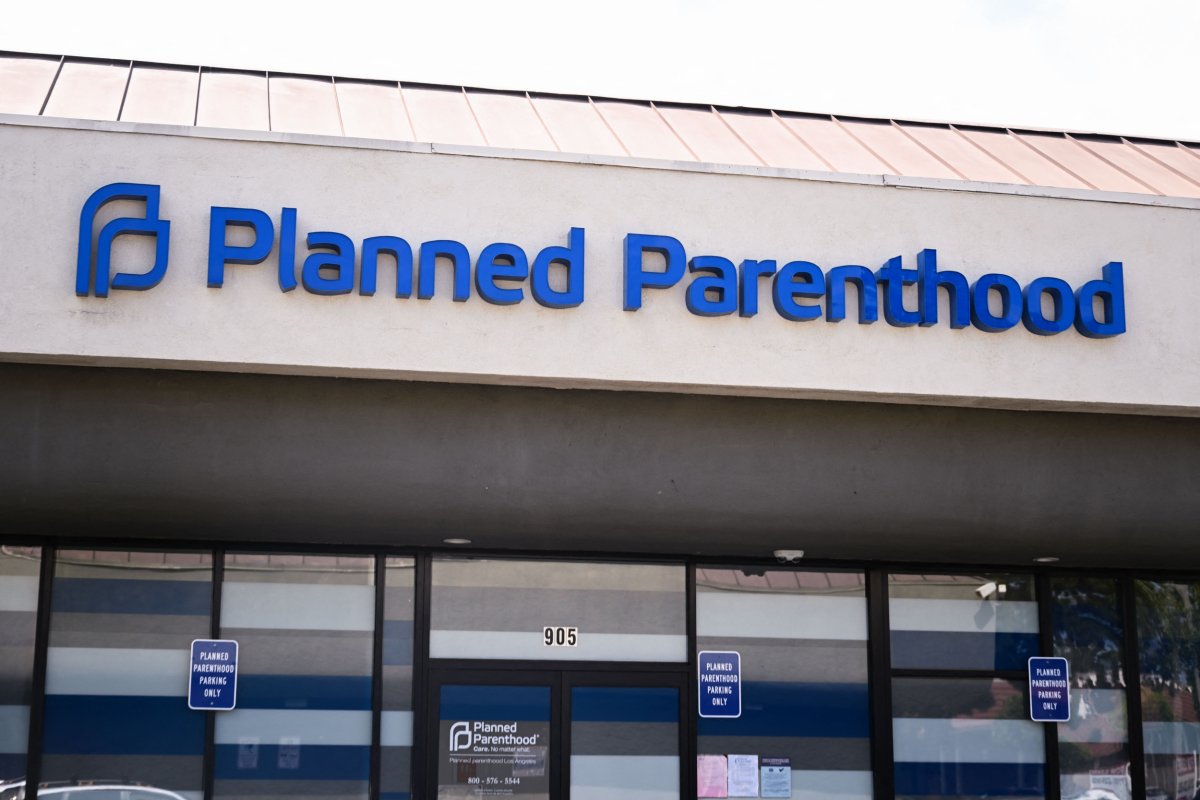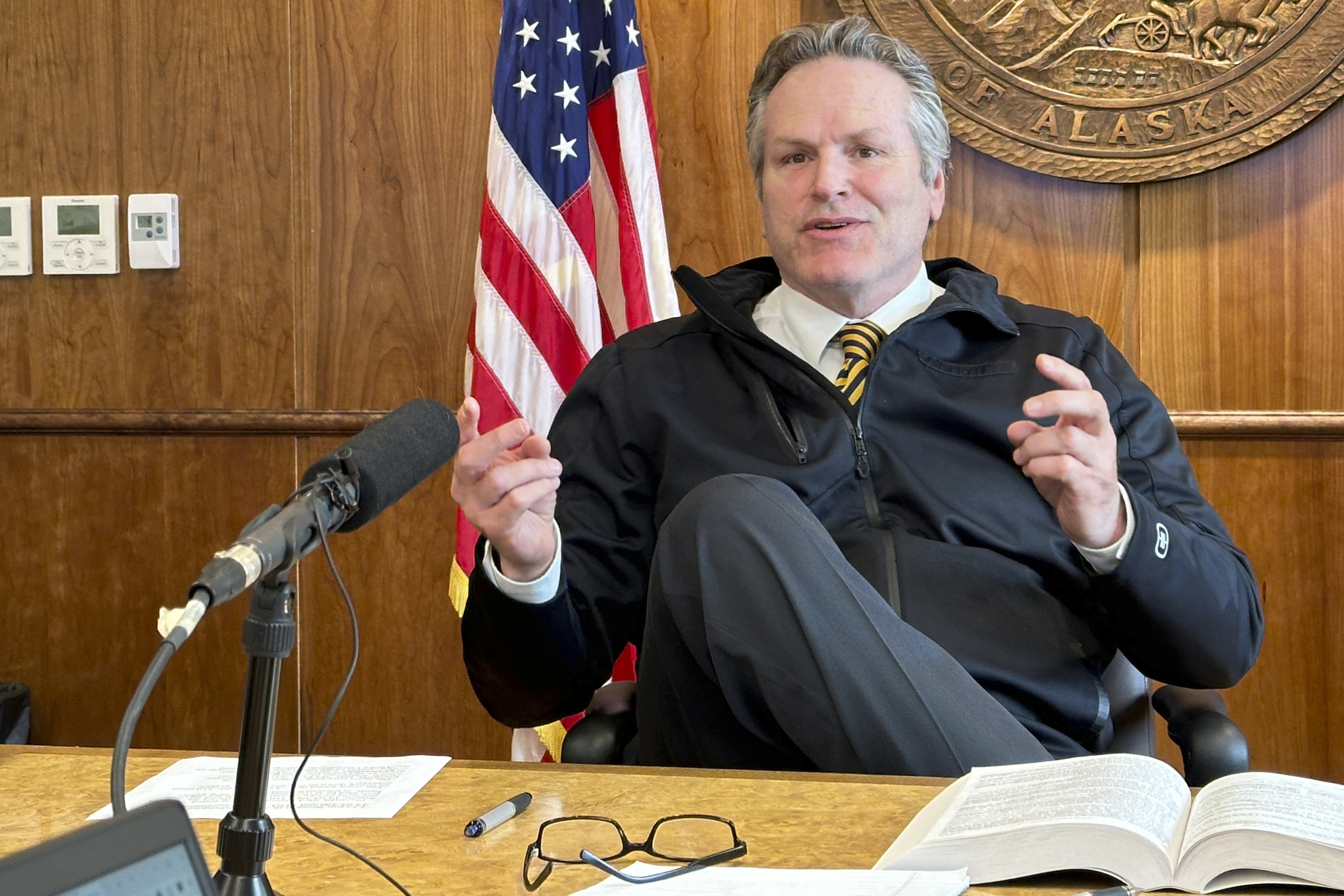Alaska’s Governor Mike Dunleavy has vetoed a significant bill aimed at increasing access to birth control. The proposed legislation, which received strong bipartisan backing in the state legislature, intended to mandate insurance companies to provide a year’s supply of birth control in one go, particularly benefitting rural areas with limited medical resources.
The veto was surprising to many, especially since the bill had overwhelming support among lawmakers, with a 29-11 vote in the House and 16-3 in the Senate, both controlled by Republicans.
In a different legal twist, the same day saw a Superior Court judge nullify an old law that restricted abortion providers to those licensed by the state medical board. This decision came as Planned Parenthood Great Northwest, Hawaii, Alaska, Indiana, and Kentucky challenged the law, arguing that qualified advanced practice clinicians—like nurse practitioners—should also be able to provide abortion services.

Women in Alaska frequently travel long distances for reproductive health care, making access to contraception highly important in remote areas. There are currently only four Planned Parenthood clinics across Alaska, the largest state in the U.S. by land area.
The governor’s office defended the veto, claiming that birth control is already “widely available” and that the requirement for annual supply is “bad policy.” His spokesperson reiterated that the current contraceptive access in Alaska is sufficient.
State Rep. Ashley Carrick, who sponsored the bill, expressed her deep disappointment over the veto, asserting that it perpetuates barriers for rural residents. “There’s no justifiable reason to veto a bill that would guarantee access to essential medication like birth control for every person in Alaska, regardless of where they live,” she stated.

Judge Josie Garton’s decision to strike down the restrictive abortion law will likely broaden the range of health care providers allowed to perform abortion services in Alaska, thereby increasing access for those facing challenges in isolated regions.
This article includes reporting from The Associated Press.
